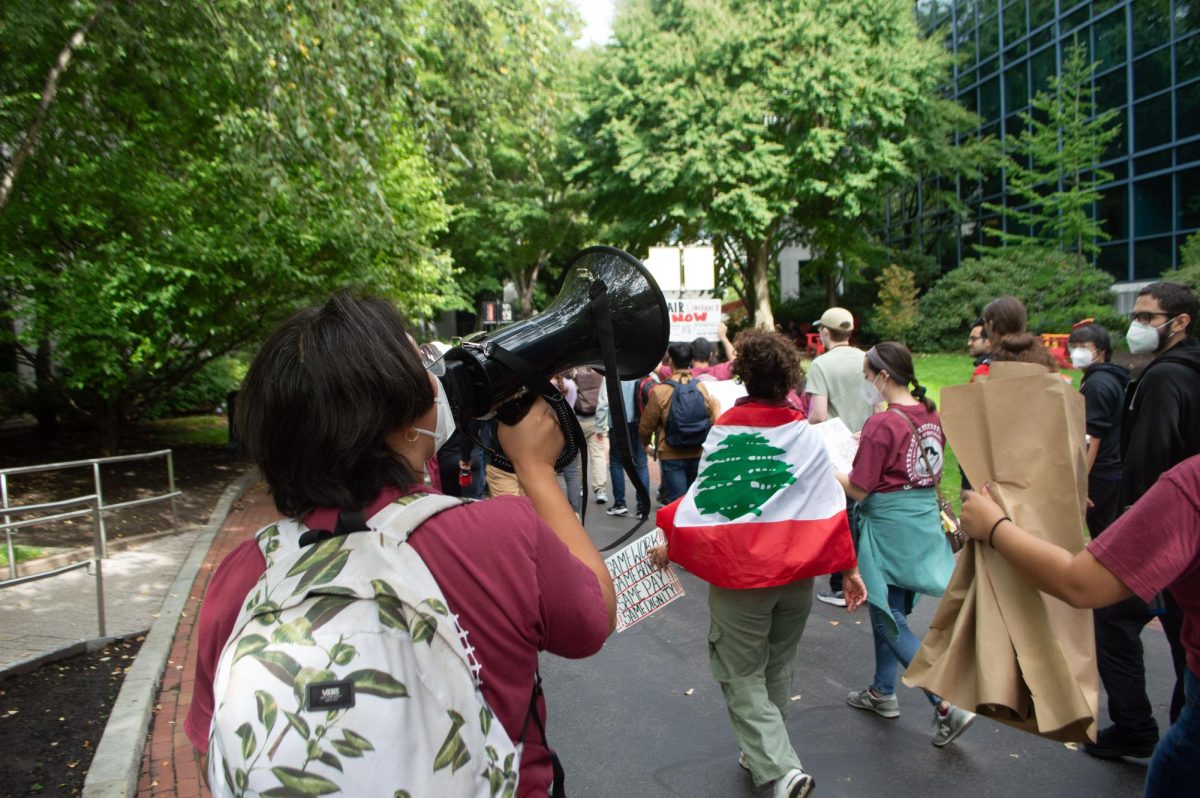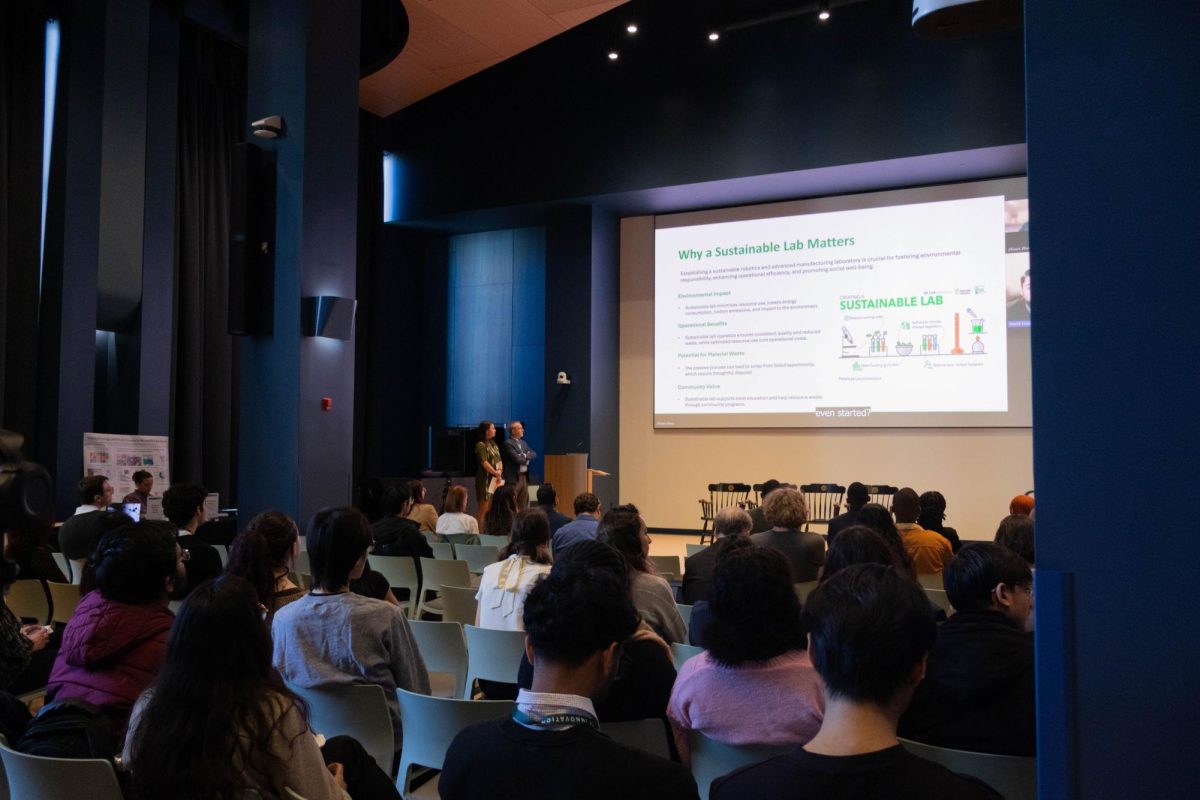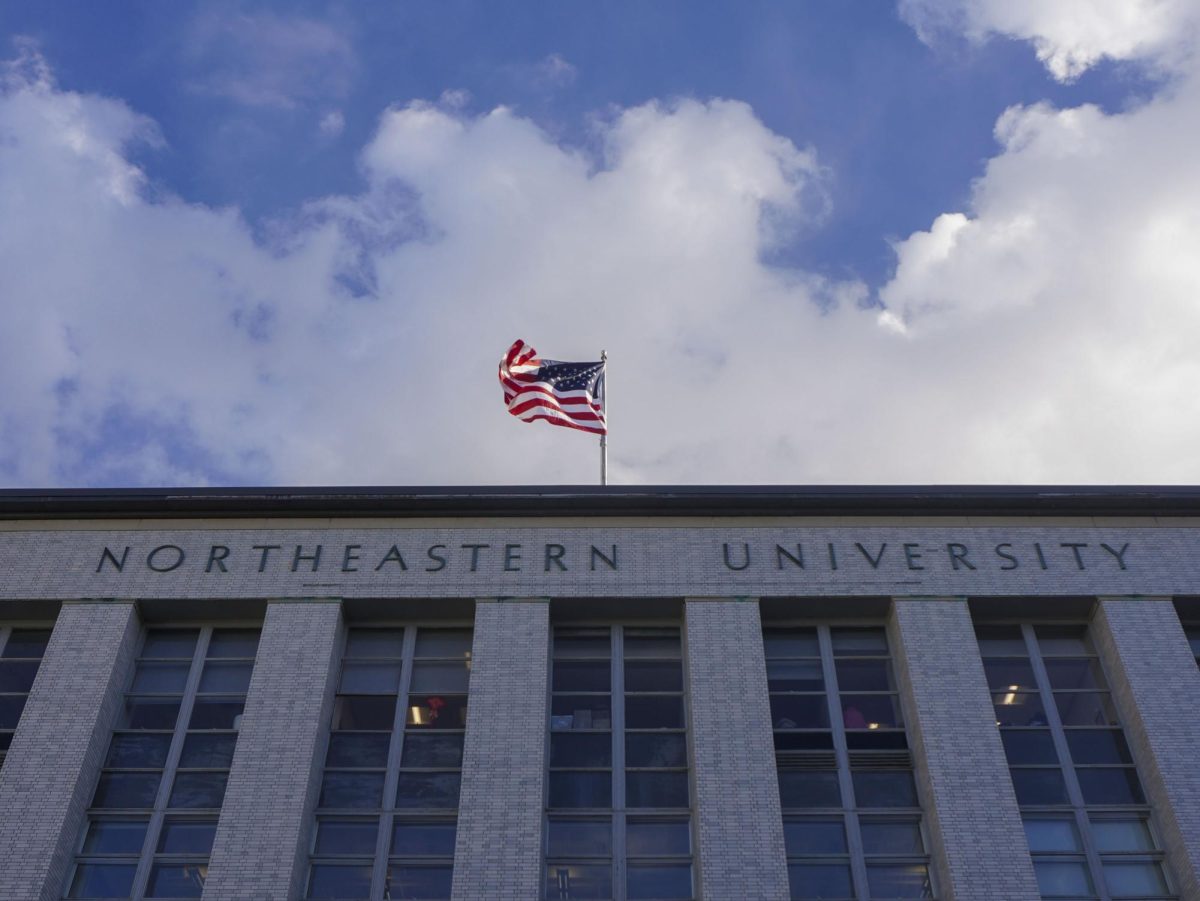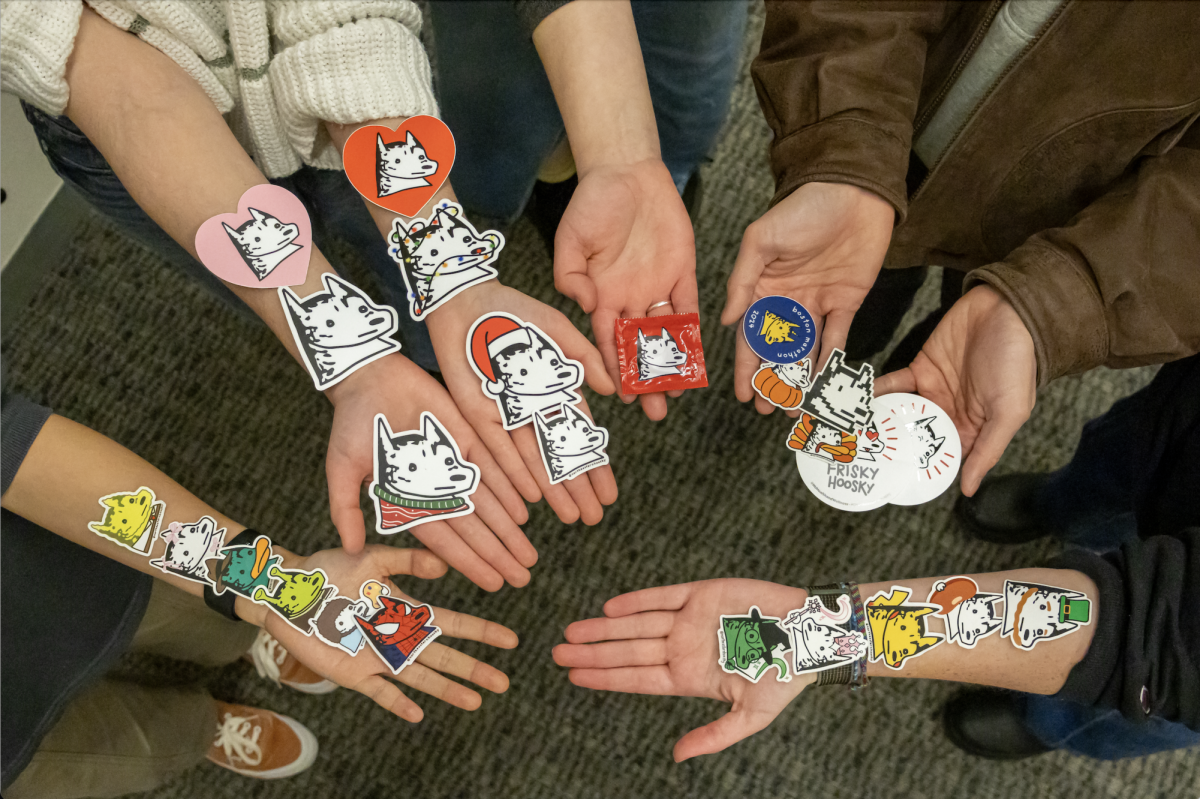Sociology major Kaleena Seeley said with the classes she’s taken, she could have graduated a semester early. But because she has had to “settle” for the courses she is taking during the Summer II session, she will have to wait another year before graduating.
“I could have probably graduated after the fall,” the middler said, “but the courses I have to take in sociology are really specific and some of those are only offered in the fall or spring.”
Since the conversion from a quarter system to a semester system two years ago, the summer semester has been split into Summer I and Summer II, and students said they are not completely satisfied with the changes.
During Summer II, Seeley will be taking American Society and Society and Culture in Russia, two sociology courses that will count for her major, but not for her core requirements because she has already fulfilled some of them, and because one of the courses does not count for both the College of Arts and Sciences and Sociology curriculums.
“We just don’t have enough budget for summer classes,” said Wilfred Holton, associate professor and head advisor for sociology and anthropology and human services. “We offer a few more advanced level courses, but not that many. It’s gotten worse because the summer is now split in half.”
Students have brought their concerns to Holton and he said the department tries its best to fix their problems, either by signing them up for a directed study or having them take the necessary classes in the fall.
The effect the summer courses are having is being felt by even those students outside of the sociology program.
“All they offered was the basics, usually [lower] levels of any requirements,” said Monty Sansone, a senior finance major. “There are not enough courses, and more business electives are offered.”
The college that offers the least amount of classes during the summer is the College of Criminal Justice. In both Summer I and Summer II, the college offers three courses.
Associate Dean in the College of Criminal Justice Lester McCullough said part of the reason the college only offers three courses is funding and the number of courses that had been offered in the past. Because the administration felt the material that needed to be covered in a required course was too much for a summer session, McCullough said the courses the college offers are only electives.
McCullough said he views the course offerings as six combined summer classes instead of three in each session. However most students are on co-op for one of the summer sessions.
“Students can take classes in both semesters if they want to, but the typical student is, however, on co-op,” McCullough said.
Members of the Student Government Association said they are working on discussing the problem with the administration.
“We feel that something needs to be changed,” said SGA President Bill Durkin. “There seems to be a lack of middle and upper level courses. Freshmen aren’t the ones taking the classes in the summer, it’s upperclassmen. To have to choose between four courses is unacceptable.”
The amount of sociology courses being offered is not the only problem Seeley has. During Summer II, she will not be able to take any cinema studies courses to count toward her minor because only two are offered, and the times those are offered create a conflict with her other courses.
“In the fall I am going to have to take two or three cinema studies courses just for my minor,” Seeley said. “I really hate summer courses.”
The Academic Dean’s Council has been working since last summer to study the present academic calendar and determine whether to recommend changes, said Vice Provost Malcolm Hill, but that might be too little too late for Seeley.
“I might not do another co-op so I can get all the classes I need done with,” Seeley said. “It’s frustrating, but I don’t know what to do about it.”








